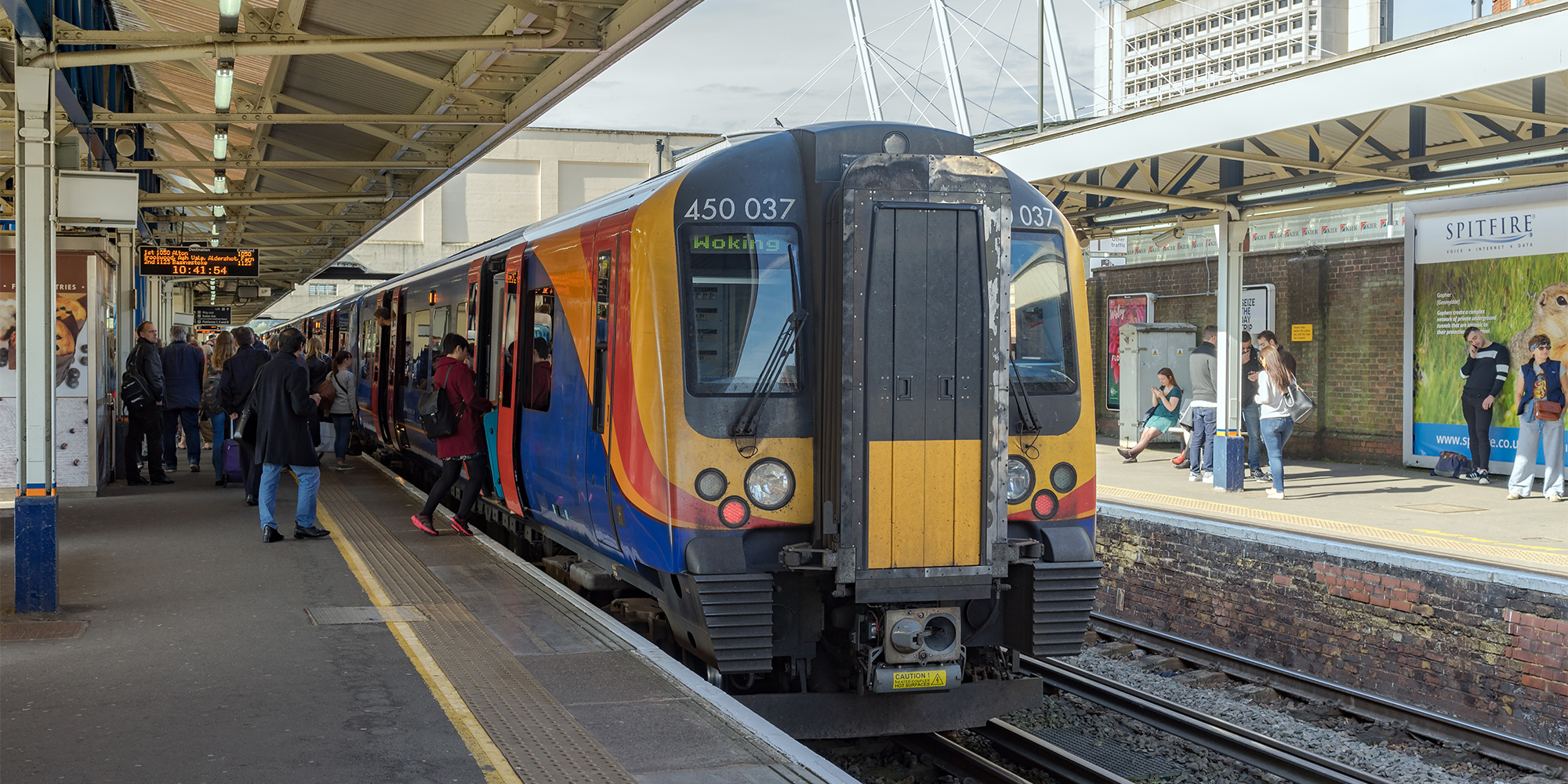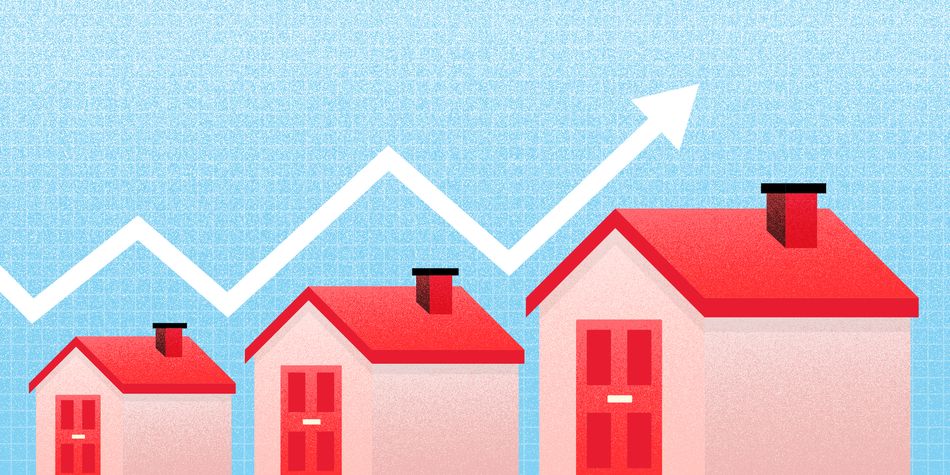House prices in Britain’s biggest cities have soared in recent years, pushing many buyers to look beyond the centre for better value. In Cardiff, for example, the average property now costs almost 30% more than it did five years ago.
Property website Zoopla has identified commuter towns where moving out could mean lower house prices without sacrificing realistic journey times.
Here, Which? reveals the most affordable commuter spots across London and other major UK cities, and unpacks the hidden costs you’ll need to weigh up before making the move.
Where commuters can save the most
For those travelling into London, the biggest savings are found in Peterborough. Average property prices there are £238,800 — more than 50% lower than London’s £561,000. Trains into King’s Cross take less than an hour.
If journey time is a priority, Purfleet-on-Thames offers one of the best balances of cost and speed. Homes average £248,400 and the commute into the capital is just 29 minutes.
Zoopla’s research also highlights commuter hotspots for other major UK cities, which we’ve explored below.
Affordable commuter towns across Britain
It’s not just London commuters who can make big savings by looking to nearby towns. Zoopla found that those travelling into other major UK cities also have access to some of the most affordable commuter hotspots. The research doesn't cover Northern Ireland.
- Birmingham Tipton and Wednesbury both offer a 14% saving on average home values compared with Birmingham itself. Commutes are quick, too, taking less than 25 minutes by train.
- Bristol According to Land Registry data, average house prices in Bristol have risen by almost £50,000 in the past five years. Zoopla highlights Newport as a strong alternative, where buyers can save 43%, on average, and reach Bristol by train in around 40 minutes. Smaller savings can also be made in Cardiff, which is roughly a 50-minute train journey away.
- Cardiff New Tredegar, a commuter town close to Cardiff, offers one of the most savings. The average home costs £108,600 compared with Cardiff’s £280,760, which is 61% lower. The train commute takes just under an hour.
- Edinburgh Wishaw and Shotts are among the most affordable commuter towns to the Scottish capital. Average property prices are £111,670 and £114,080, respectively, compared with £287,110 in Edinburgh.
- Leeds Bradford and Dewsbury both offer quick journeys into Leeds – 17 minutes from Bradford and just 11 minutes from Dewsbury. Even better, average house prices are at least 30% lower than in Leeds itself.
- Newcastle Shildon has some of the lowest average prices in the country at £73,800. That’s a 61% saving compared with Newcastle’s £189,880. The commute takes around 55 minutes.
The table shows the full list of affordable commuter towns for a range of cities across the country.
Costs to consider before making the move
Lower house prices aren’t the whole story. If you’re thinking about swapping city living for a commuter town, it’s important to factor in the extra costs.
Rail fares
Train tickets can add up quickly. When we checked on 1 September, a Peterborough-London return cost £93.50, even when booked more than a month in advance.
Season tickets can make regular commuting cheaper, but the upfront cost is high. A Peterborough-London season ticket is £8,584 a year, which works out at £55.07 per journey if used three days a week.
Price rises
Ticket prices don’t stand still. The Office of Rail and Road reported that average fares rose by 5.1% in the 12 months to March 2025, so it’s worth building increases into your budget.
Parking
Station parking is another hidden expense. Daily charges can reach £12, adding up to more than £1,000 a year even if you only travel twice a week.
A parking season ticket may be more cost-effective if you commute regularly.
Moving costs
Don’t forget the cost of moving home itself. Research by Reallymoving puts the average bill at just under £14,000, although for first-time buyers it’s much lower at around £2,186.
Costs are likely to be higher following April’s stamp duty threshold changes, which affect buyers differently depending on whether you’re moving home or buying for the first time.






